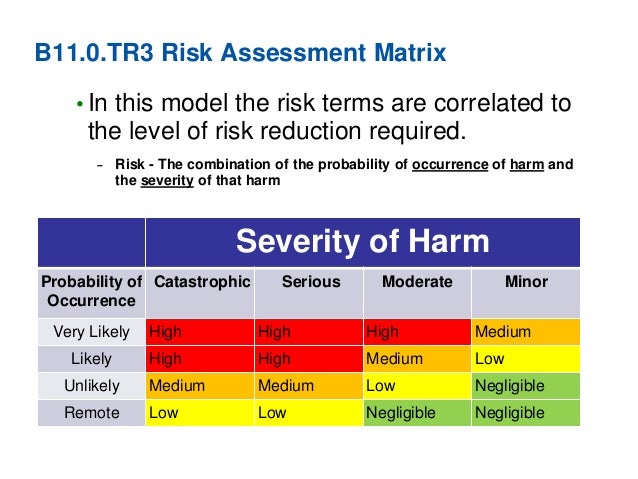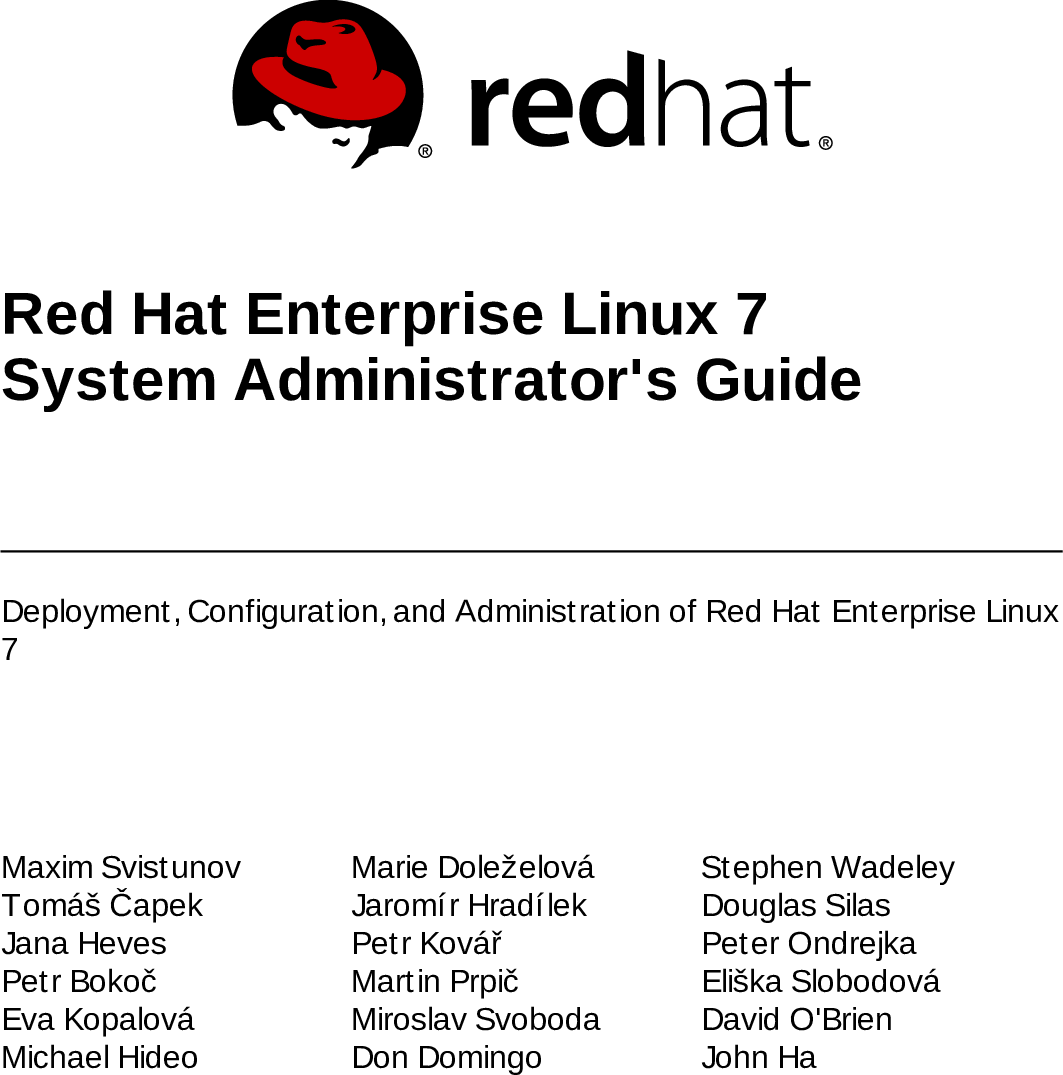

Toilet and shower facilities are shared by 10-15 tenants. Each tenant in an SRO lives in an 8 - 12 m2 room, possibly with a hotplate to prepare food. We extended the ISCD system to individuals living in single room occupancy (SRO) hotels in Vancouver, Canada. Both factors are associated with poorer health outcomes, but create difficulties in measuring risk for harm related to multimorbid illnesses. Evaluation is complicated by frequency of drug use, and concurrent use of multiple substances.

The possibility of applying the ISCD system to assess personal risk from using substances is unstudied. The social and legal implications of quantifying risk of harm provoked significant debate, as well as corroborative research. Seeking to inform drug legislation, an expert committee in the United Kingdom (UK), the Independent Scientific Committee on Drugs (ISCD) proposed a system for classifying 20 common drugs according to their potential harm. Current, legislative approaches to mitigate illicit drug use purport to be based on severity of harm. Substance misuse contributes to a wide range of negative consequences to the health and psychosocial functioning of users. Misuse of tobacco, alcohol and illicit drugs continues to be a major threat to global public health. This does not alter our adherence to all the PLOS ONE policies on sharing data and materials. Nutt is an advisor to Lundbeck and Novartis, and received speaking honoraria from BMS/Otsuka, Servier, Janssen and GSK. He also received fees lectures sponsored by AstraZeneca, BMS, Janssen, Otsuka and Eli Lilly, and has received grants from Janssen Pharmaceuticals. MacEwan has received consulting fees or sat on paid advisory boards for: Apotex, AstraZeneca, BMS, Janssen, Lundbeck, Otsuka, Pfizer and Sunovion. Montaner has received grants from Abbott, Biolytical, Boehringer-Ingelheim, Bristol-Myers Squibb, Gilead Sciences, Janssen, Merck and ViiV Healthcare. Krajden has received research grants form Merck Canada, Roche, Siemens and Gen-Probe but does not accept gifts, honoraria, or serve on advisory boards. Procyshyn is a paid consultant for and has received speaker fees from AstraZeneca, Bristol-Myers Squibb, Janssen, Otsuka, Pfizer, and Sunovion. Barr has received consulting fees or sat on paid advisory boards for: Roche, Eli Lilly and Bristol-Myers Squibb. Honer has received consulting fees or sat on paid advisory boards for: MDH Consulting, In Silico, Novartis, Lundbeck and Roche. The funders had no role in study design, data collection and analysis, decision to publish, or preparation of the manuscript.Ĭompeting interests: I have read the journal's policy and have the following competing interests: Dr. This is an open-access article distributed under the terms of the Creative Commons Attribution License, which permits unrestricted use, distribution, and reproduction in any medium, provided the original author and source are credited.įunding: Supported by the Canadian Institutes of Health Research (CBG-101827) and BC Mental Health and Addictions Services. Received: JAccepted: OctoPublished: November 6, 2013Ĭopyright: © 2013 Jones et al. PLoS ONE 8(11):Įditor: Allan V Kalueff, Tulane University Medical School, United States of America (2013) Personalized Risk Assessment of Drug-Related Harm Is Associated with Health Outcomes. Citation: Jones AA, Vila-Rodriguez F, Panenka WJ, Leonova O, Strehlau V, Lang DJ, et al.


 0 kommentar(er)
0 kommentar(er)
